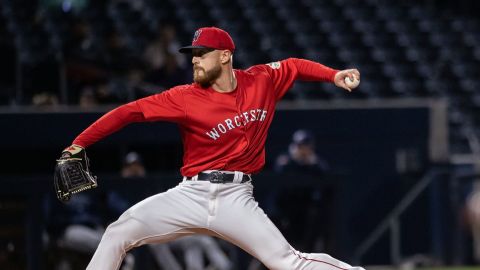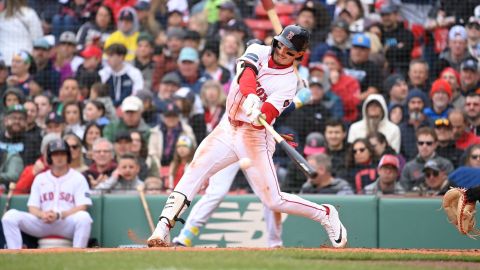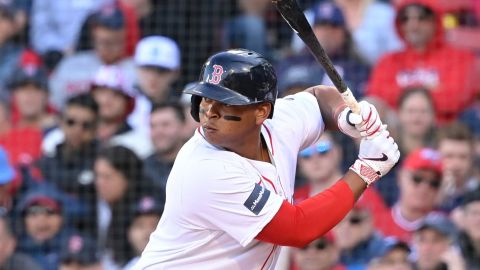Red Sox manager Terry Francona will be answering questions on NESN.com this offseason. You can have your questions answered by e-mailing them to his mailbag.
Here’s his 14th installment.
With the type of lineup and defensive presence the Red Sox have coming into the 2010 season, is it time to start thinking more small ball?
–Jonathan Cole, Mapleton, Maine
I think the term “small ball” gets confused — or, at the very least, misused. The idea is, regardless of who is on our team, to put players in the best position to succeed. So often, when we have runners on first and second, we would rather have our good hitters hit rather than sacrifice an out. So many positive things can happen when we allow guys to hit. There are certainly times when a sacrifice bunt is in order, but there are many things to consider when doing it: Is there speed on the bases? Where are we in the lineup? Will they walk the next guy and set up a double play? How good a bunter is he? Basically, does it potentially put us in a better position to win? The one huge risk when allowing guys to swing away is the double play. That’s part of what makes baseball so interesting — everyone has an opinion on what happened or what should have happened.
Last year, there was a lot of big talk around Lars Anderson. How did he do in the minors last season, and how much can we expect from him now that a year has gone by?
–Eric, New Bedford, Mass.
Last year at this time, Lars had just completed the rookie development program. He was the talk of the town. Going into spring training, everybody was looking at Lars to make the next big impact. It was probably a little unfair, and I believe he tried to live up to a lot of those expectations and, in the process, put undue pressure on himself. After tearing up Double-A to end the 2008 season, he had to really grind through a year of adjustments. He is slated to be in major league camp as a non-roster player, and we are looking forward to seeing him a year more mature — and, hopefully, all the good things that will come with it.
When a player starts coming down to the end of his career (not as many home runs, RBIs), what is it like to say goodbye, wish them luck, see you later? I know managers are supposed to be coldhearted, but you’re a players’ manager. How does this affect you?
–John, Warwick, R.I.
I never heard that managers are supposed to be coldhearted. I think most managers I have been around truly care about their players. At the same time, you realize that there has to be a blending of caring for not only the players, but for the team and the organization. We are always striving to find the right mix. As players get older, those decisions can become very difficult. We strive to make good decisions for the Red Sox organization, but, at the same time, be respectful to our players.
Do you prefer home plate umpires who have a small strike zone or a big strike zone? What are the pros and cons of each?
–Brad, Bristol, Conn.
I think if you ask any player or manager, the word “consistent” would always be the word we are looking for. Whether a particular umpire has a “small” zone or a “large” zone, if they are consistent from the beginning of the game right up until the last pitch, then the players know what to expect and they can make adjustments. In this day and age of slow-motion instant replay, umpiring can be much more difficult than in the past. They have to be perfect — and that is not easy. And both teams want every call.
Do you still plan to play cribbage with Dustin Pedroia this season? When do you usually play? What are some other ways you pass the time over the course of the season when you’re not thinking about baseball? How do other people pass the time? What’s the most unusual pastime you’ve ever seen over the course of your career?
–Nick, Mashpee, Mass.
I love playing cribbage. A lot of our guys play, not only in the clubhouse, but on plane rides as well. Every team has things that are unique to their team. Most ballplayers seem to enjoy card-playing. I have seen some players play chess (although not too many). Baseball players are very routine-oriented. We find a routine that we are comfortable with and we really try and stick to it.



